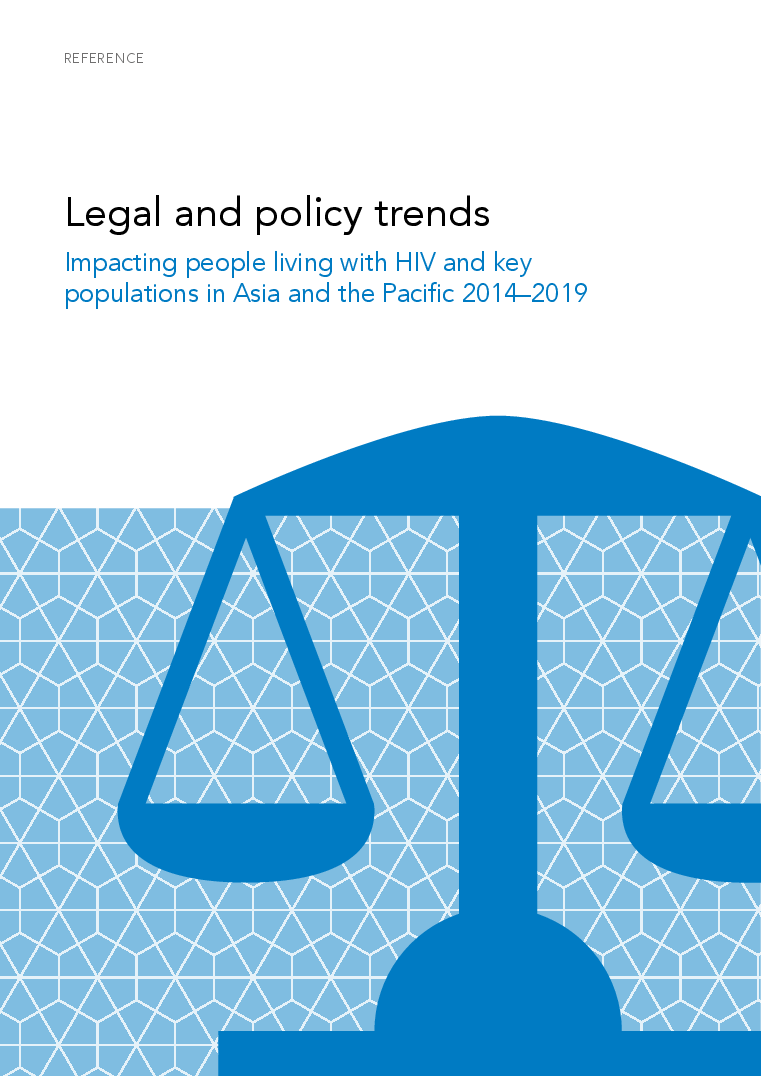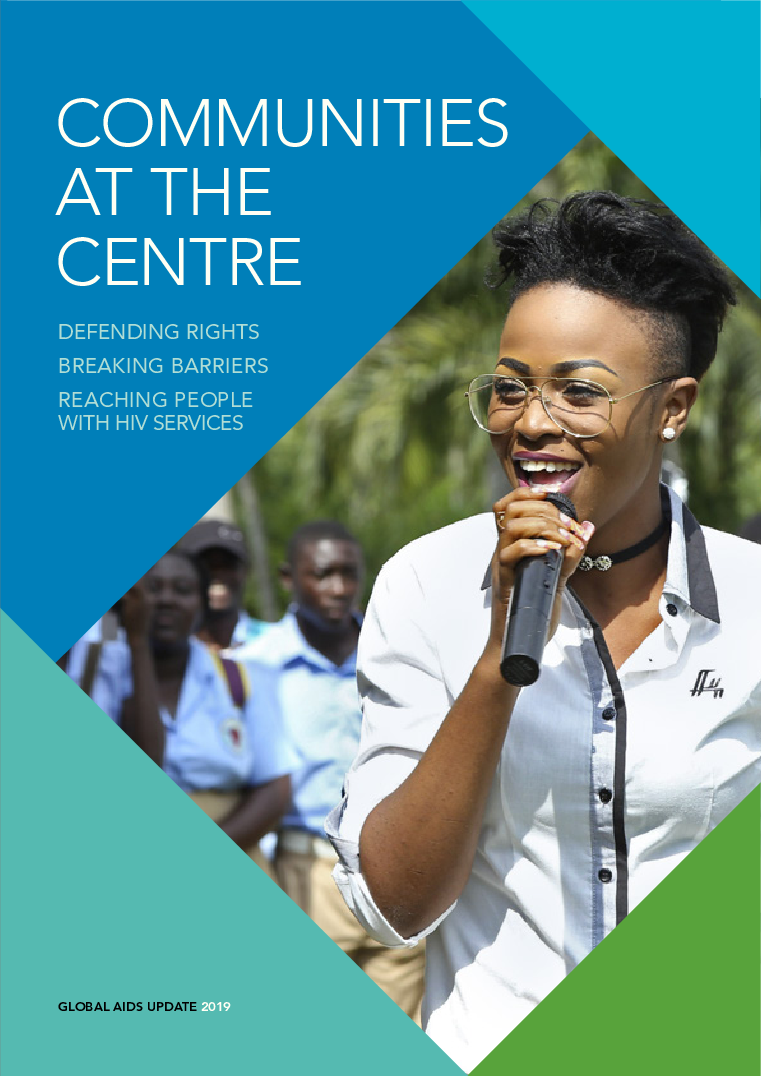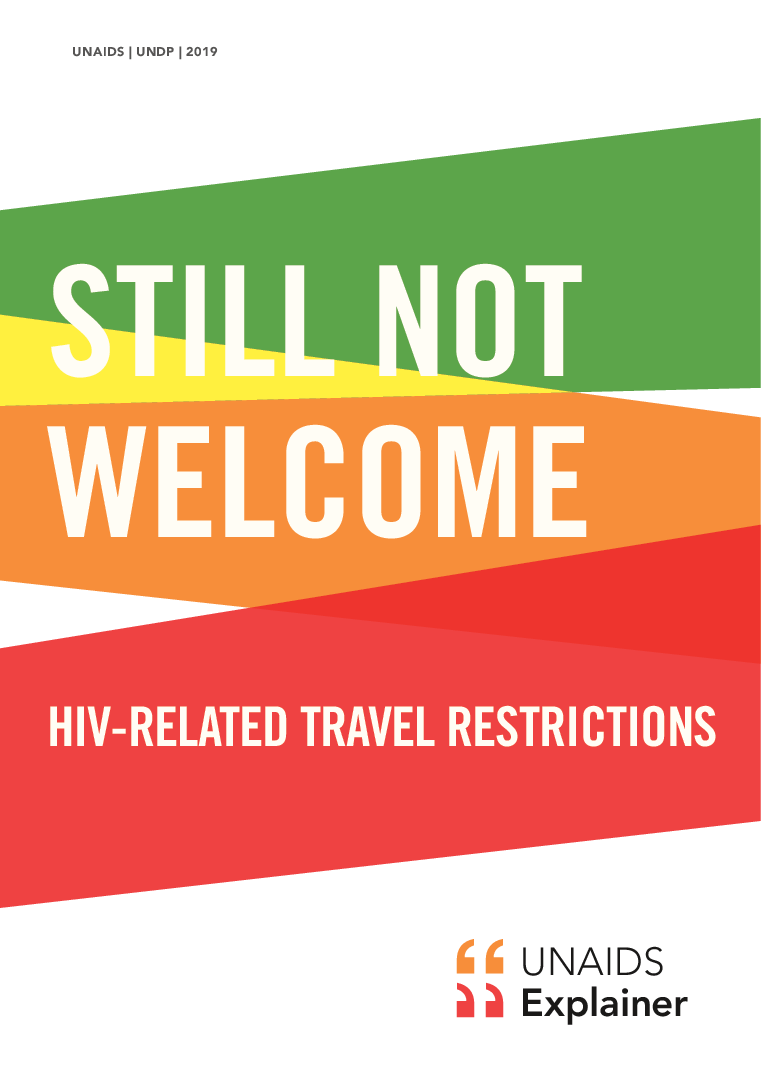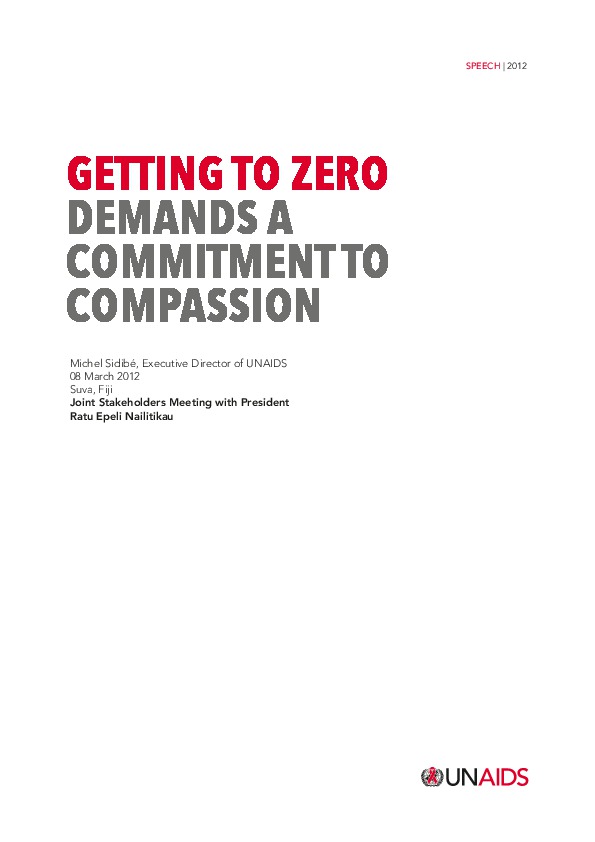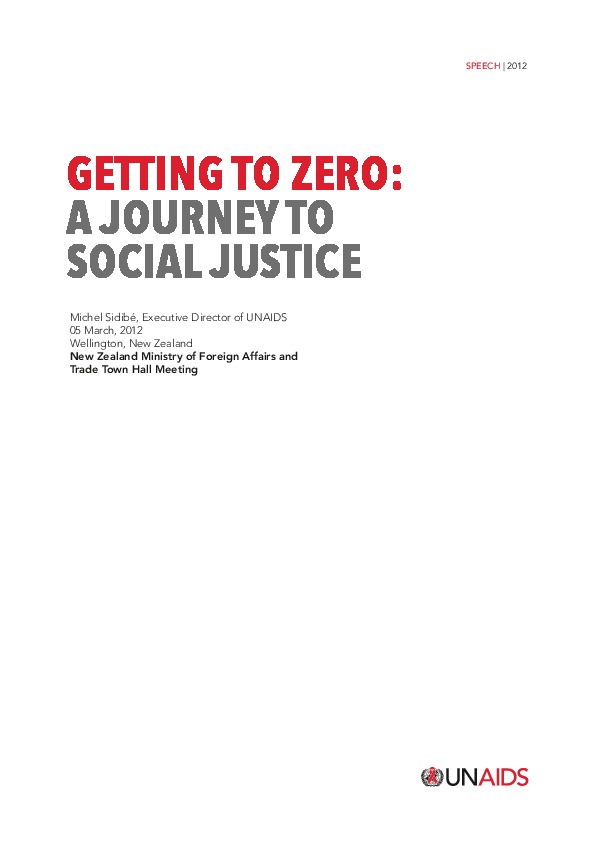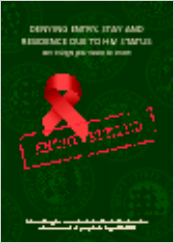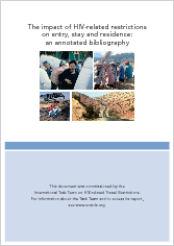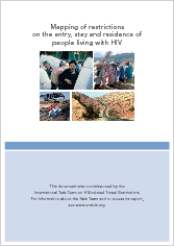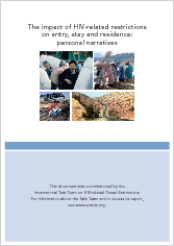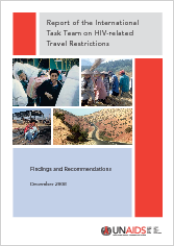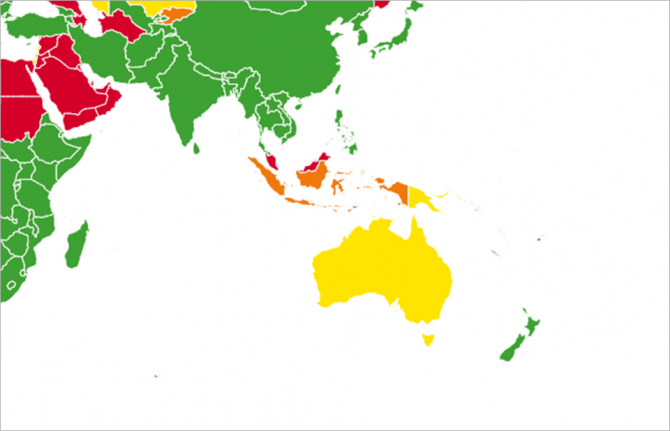
UNAIDS welcomes New Zealand’s decision to lift travel restrictions for people living with HIV
UNAIDS welcomes the announcement by New Zealand that it has removed all travel restrictions for people living with HIV. The recent decision by Immigration New Zealand to remove HIV from the list of medical conditions deemed likely to impose significant costs or demands on New Zealand’s health services means that the blanket ban for people living with HIV to get a resident visa has officially been removed.

No end to AIDS without respecting human rights
“Sex workers are 13 times more at risk of becoming HIV positive than the general population globally. But, in Australia, where sex work is decriminalised, we have the same rate of infection as the general population. This is evidence of the importance of the legal environment” says Jules Kim, head of the Scarlet Alliance, the Australian Sex Workers Association.
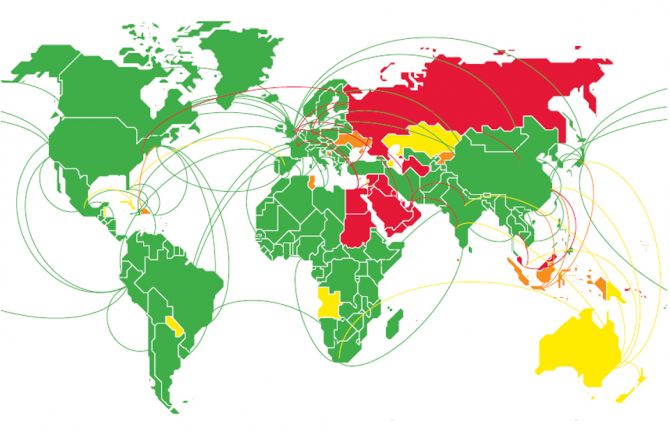
UNAIDS and UNDP call on 48* countries and territories to remove all HIV-related travel restrictions
New data show that in 2019 around 48* countries and territories still have restrictions that include mandatory HIV testing and disclosure as part of requirements for entry, residence, work and/or study permits
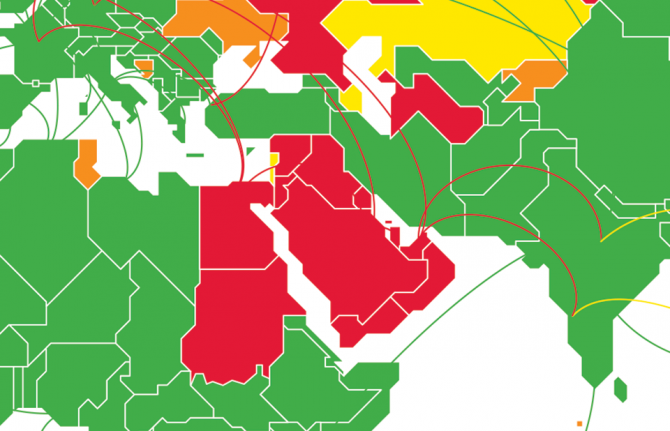
Deported, denied access, discriminated against because of their HIV status
In 2019, 48 countries and territories impose some form of HIV-related restrictions and mandatory HIV testing that prevent people living with HIV from legally entering, transiting through or studying, working or residing in a country, solely based on their HIV status.
Lithuania confirms no restrictions on entry, stay and residence for people living with HIV
UNAIDS welcomes confirmation by the Government of Lithuania that it applies no restrictions on the entry, stay and residence for people living with HIV.
Belarus confirms it applies no restrictions on entry, stay and residence for people living with HIV
Foreign nationals to have equal access to health care services, including to antiretroviral treatment
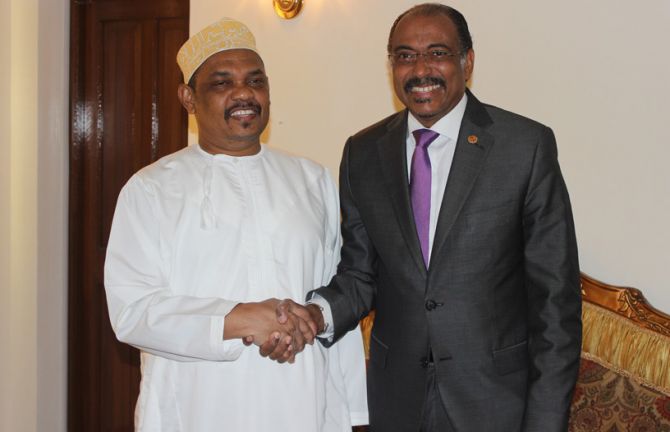
President of the Comoros reaffirms his commitment to strengthening protection for people living with HIV
UNAIDS Executive Director Michel Sidibé congratulated the President of the Comoros, Ikililou Dhoinine, on the leadership he has shown in the AIDS response and on a new law his country recently adopted that further protects people living with HIV. Their meeting took place in Moroni on 24 July 2014.
New law in the Comoros strengthens protection for people living with HIV
Law confirms no restrictions on entry, stay or residence and guarantees access to treatment for all.
UNAIDS welcomes Australia’s commitment to equal treatment of people living with HIV in its immigration policies
HIV treated as other chronic conditions in immigration health assessment.
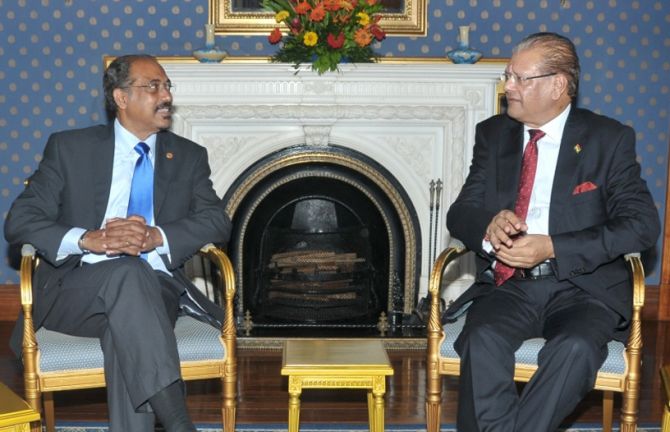
Government of Mauritius pledges to working towards removing HIV-related restrictions on stay and residence
The government of Mauritius commits to removing the current stay and residence restrictions for people living with HIV. During a meeting with UNAIDS Executive Director Michel Sidibé on 18 April in Port Louis, Prime Minister of Mauritius Navin Ramgoolam pledged to setting up a special committee to review and make recommendations towards lifting the remaining travel restrictions in the country.

